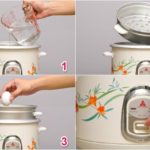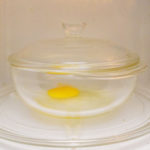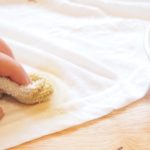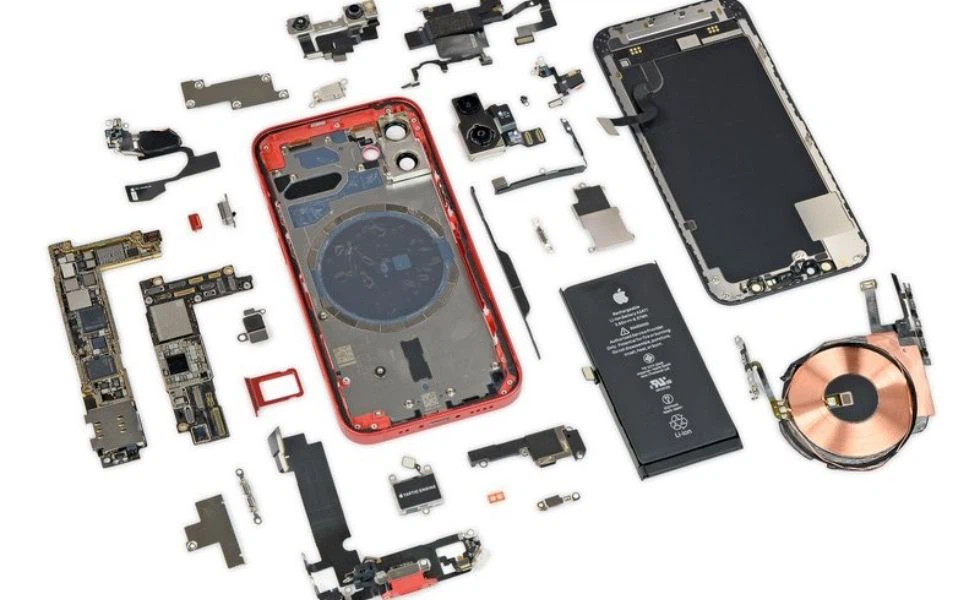1. Differentiate between old and fresh eggs
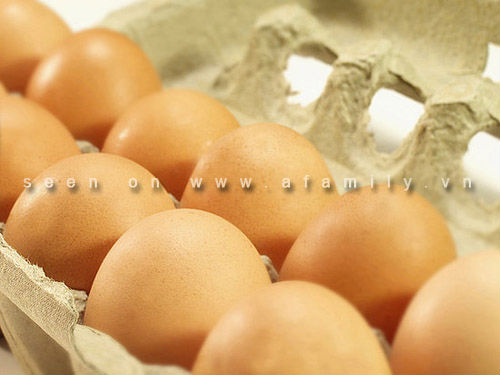
To determine the freshness of an egg, carefully place it in a bowl filled with saltwater. If the egg remains completely submerged, it is deemed fresh. However, if the egg floats on the water’s surface, it indicates that the egg is past its optimal freshness and may no longer be suitable for consumption.
2. Add color to the egg
It is recommended to use porcelain or glassware when beating eggs, as using aluminum utensils may result in the cooked egg dish turning gray.
3. Boil eggs without cracking
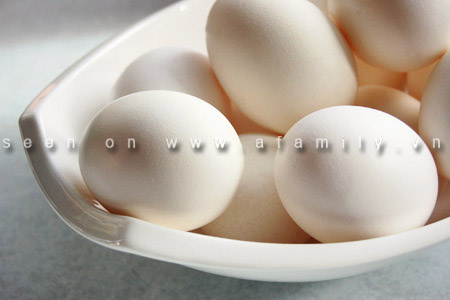
4. Eliminate Egg Stains on the Floor
If you happen to drop an egg and it breaks on the floor, simply sprinkle a generous layer of salt over the spilled egg. Allow it to sit for approximately 20 minutes before wiping it away with a cloth. This method effectively facilitates the clean-up process.
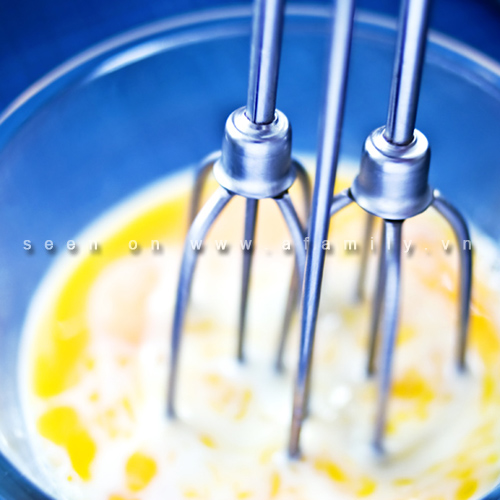
To enhance the flavor of your dish, consider adding a pinch of salt before beating the eggs. This simple step will help the eggs rise more quickly, resulting in a tastier outcome.
7. Ensure that the egg yolk is centered within the egg
To maintain the placement of the egg yolk at the center of the egg during the boiling process, it is advisable to carefully stir the boiling water using a chopstick to ensure even distribution.
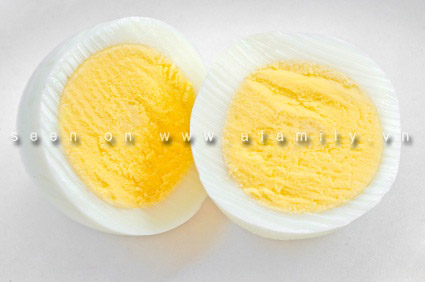
To ensure the even and aesthetically pleasing slicing of the egg, it is recommended to moisten the knife with water before each cut. This precautionary measure prevents the egg yolk from adhering to the knife handle.
Part 2: New Household Cleaner Gives Hope for Eradicating Difficult-to-Remove Stains
Having trouble removing those tough stains from your clothes? We have the perfect solution for you! With just a few common household items like gasoline, alcohol and vinegar, you can easily get rid of coffee, egg, candle wax, alcohol, cigarette and other tough stains and restore your clothing back to its original glory. Don’t worry any longer and check out our tips now!
























